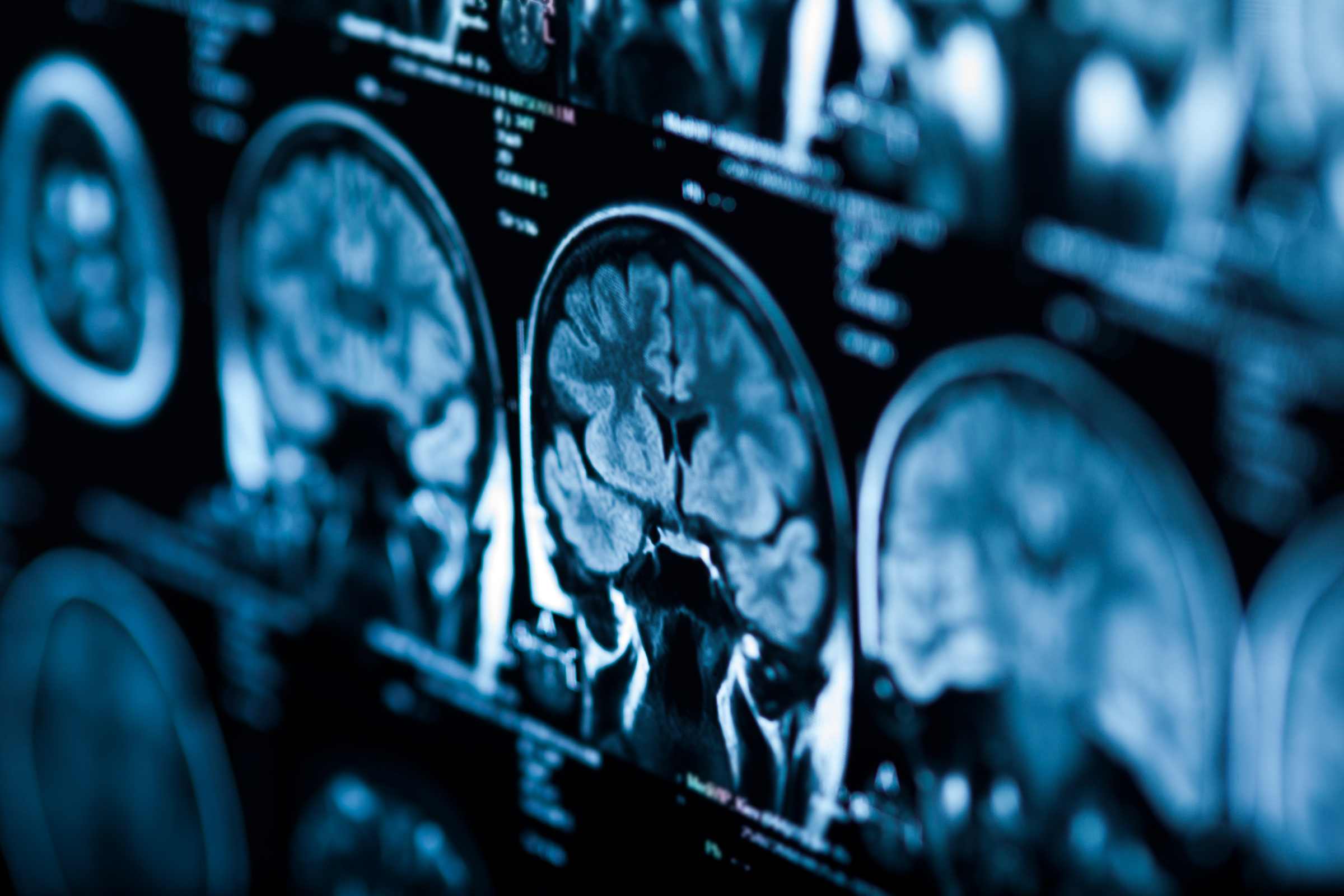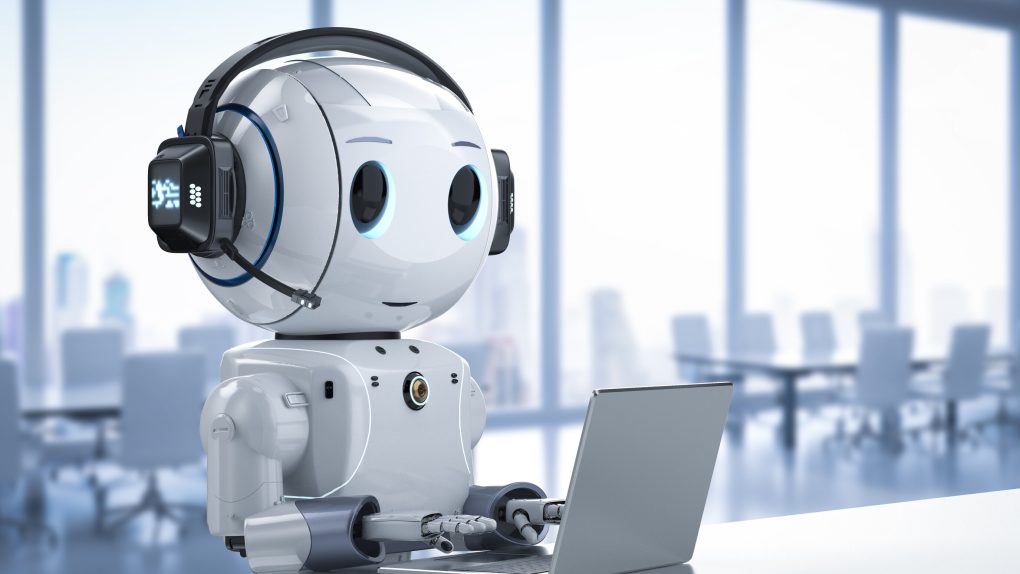What if AI could read your mind? The possibility of an AI mind reader might sound like something we won’t have to worry about until years down the line, but according to a new paper featured in Nature Neuroscience, it’s already possible.
According to this new paper, scientists led by Dr. Alexander Huth at the University of Texas have created such an AI which can accomplish this task without being invasive.
While many AI thought readers might require a device implanted in the user’s head, this breakthrough only requires fMRI scan data. According to Dr. Huth and his colleagues, the AI could decode the data from the fMRI scan and then share it with a high level of accuracy.
The hope with technology like this is that it could help people who suffer from strokes or other things that lead to motor failure communicate easier. Decoding the speech data from the brain, or even what the user imagined, is a huge step forward for this kind of technology.

Of course, it’s hard not to look at the doom and gloom of AI, too. While an AI thought reader could help a lot of people, there’s no doubt that some will see this as more of a threat than anything, especially with the ongoing rise of claims that AI could wipe out humanity.
AI is advancing quickly, that is true, and this new thought reader is just another example of how fast it is evolving. It’s even more exciting when you understand the limitations that this AI system was able to overcome. One tricky thing with fMRI data is that it has always been tough to interpret in real time.
That’s because of the way that the fMRI measures the brain’s activity. However, with the advancements made in AI, like those underpinning Chat GPT-4, the scientists were able to train the system to decode the brain’s response to certain words. This lets the AI thought reader work more accurately.
It did come at a price, though, as three volunteers had to spend 16 hours strapped into scanners, listening to podcasts to help map how the brain responds to different words. But, it will be worth it if scientists can improve the breakthrough and create something that helps people.








